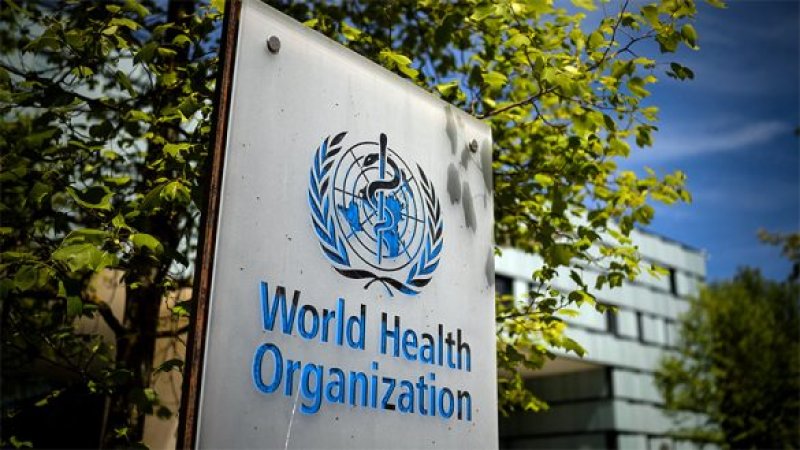
In a recent statement, WHO praised Sri Lanka for “combining rapid antiviral treatment, local pharmaceutical production, and advancing the evidence-base for influenza vaccine policy,” noting that these efforts are helping protect vulnerable populations and strengthen pandemic preparedness.
With WHO’s technical and research support, Sri Lanka is currently building evidence on the national influenza burden and the benefits of vaccination — a step toward developing a holistic and sustainable prevention strategy.
According to WHO, Sri Lanka’s proactive approach aims to reduce hospitalisations and deaths caused by seasonal influenza through early testing and prompt administration of antivirals. National clinical guidelines already recommend the use of Oseltamivir for high-risk groups to prevent severe illness and shorten infection duration.
This strategy not only saves lives but also strengthens local pharmaceutical capacity by ensuring a consistent supply of antivirals for both seasonal and future pandemic needs. A significant component of the initiative is the integration of influenza management into Reproductive, Maternal, Newborn, Child, and Adolescent Health (RMNCH+A) services, prioritizing the protection of pregnant women. Past studies revealed that influenza contributed to nearly 10 percent of maternal deaths in 2015–2016.
In July 2025, WHO representatives from its Headquarters, the South-East Asia Regional Office, and the Sri Lanka Country Office held discussions with national health leaders, including Director-General of Health Services Dr. Asela Gunawardena and Chief Epidemiologist Dr. Hasitha Tissera, on strengthening vaccine-based prevention.
Looking ahead to 2025–2026, the Ministry of Health plans to assess the overall impact of influenza in terms of hospitalisations, deaths, and productivity loss that could be prevented through vaccination. These efforts align with recent research by the University of Ruhuna and Duke University, which confirmed the cost-effectiveness of introducing influenza vaccines in Sri Lanka.
WHO is also assisting Sri Lanka in incorporating influenza vaccination guidelines into the national immunisation handbook, paving the way for more effective and inclusive vaccine use in the years ahead.